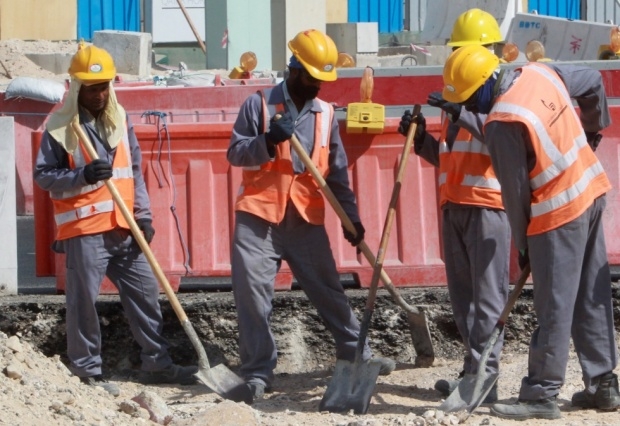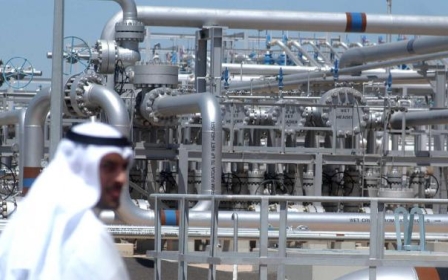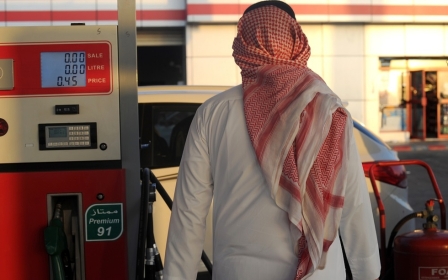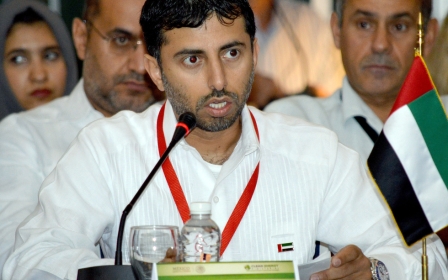Gulf states urged to bring in taxes to plug budget deficits

The International Monetary Fund chief on Monday urged oil-exporting Gulf countries to introduce taxes, warning that low crude prices were likely to remain in place for an "extended period".
Gulf economies "need to strengthen their fiscal frameworks and reengineer their tax systems by reducing their heavy reliance on oil revenues and by boosting non-hydrocarbon sources of revenues," Christine Lagarde told a forum in Abu Dhabi.
Lagarde, who was reinstated for a fresh five-year term as IMF chief on Friday, called for the introduction of value-added tax, "ideally a harmonised regional VAT".
"Even at a low single-digit rate, such a tax could raise up to 2 percent of GDP (gross domestic product)," she said.
Lagarde also called for a "greater emphasis" on corporate income taxes, as well as property and excise taxes.
The IMF chief pointed out that oil exporters in the Middle East and North Africa last year lost more than $340 billion in oil revenue from their budgets, amounting to 20 percent of their combined GDP.
"Not only have oil prices fallen by around two-thirds from their most recent peak, but supply and demand-side factors suggest that they are likely to stay low for an extended period," she warned.
The price of oil has dropped from over $100 a barrel in July 2014 to around $30 today, and the International Energy Agency said on Monday that oil prices were unlikely to rise from current levels before 2017.
The Gulf Cooperation Council (GCC) states - Bahrain, Kuwait, Oman, Qatar, Saudi Arabia and the United Arab Emirates - are estimated to have lost $300 billion in revenues last year due to low oil price.
All six have reduced generous fuel, electricity and other subsidies to cut spending in the face of falling revenues.
However, UK-based analyst firm Moody's warned last week that the step would not be enough to put GCC budgets back in the black, urging leaders to raise levels of corporation tax.
On Monday, Moody's also said the fall in oil prices and reductions in government subsidies could eventually lead to a reduction in state support for GCC banks.
"We anticipate banks will be pressured by a further softening of their operating environment and the potential for reduced willingness or capacity of governments to provide support," Moody's said.
New MEE newsletter: Jerusalem Dispatch
Sign up to get the latest insights and analysis on Israel-Palestine, alongside Turkey Unpacked and other MEE newsletters
Middle East Eye delivers independent and unrivalled coverage and analysis of the Middle East, North Africa and beyond. To learn more about republishing this content and the associated fees, please fill out this form. More about MEE can be found here.




